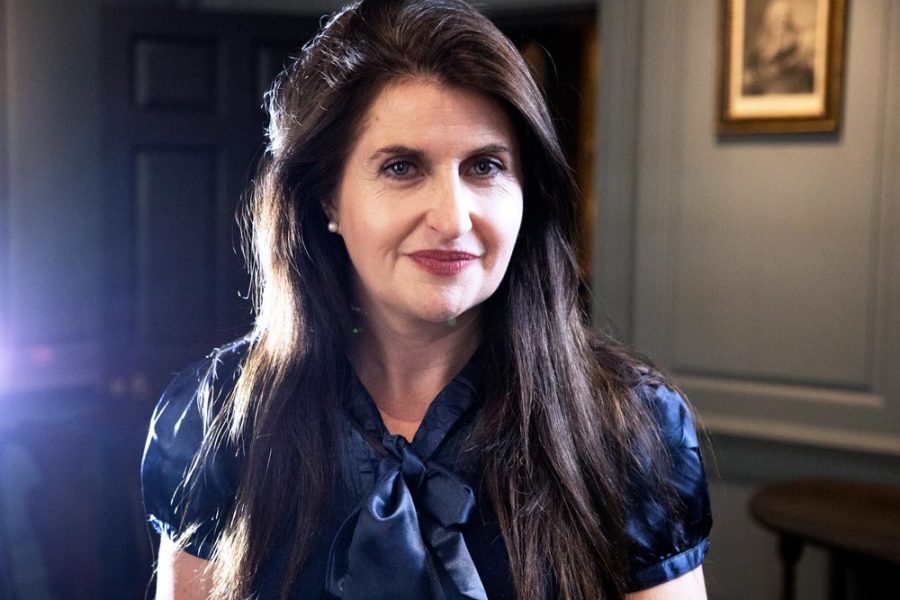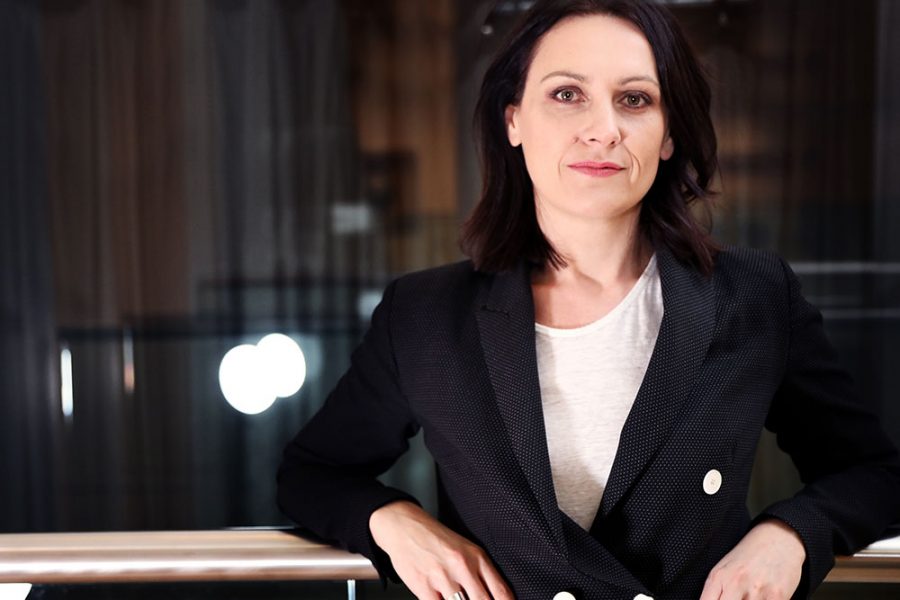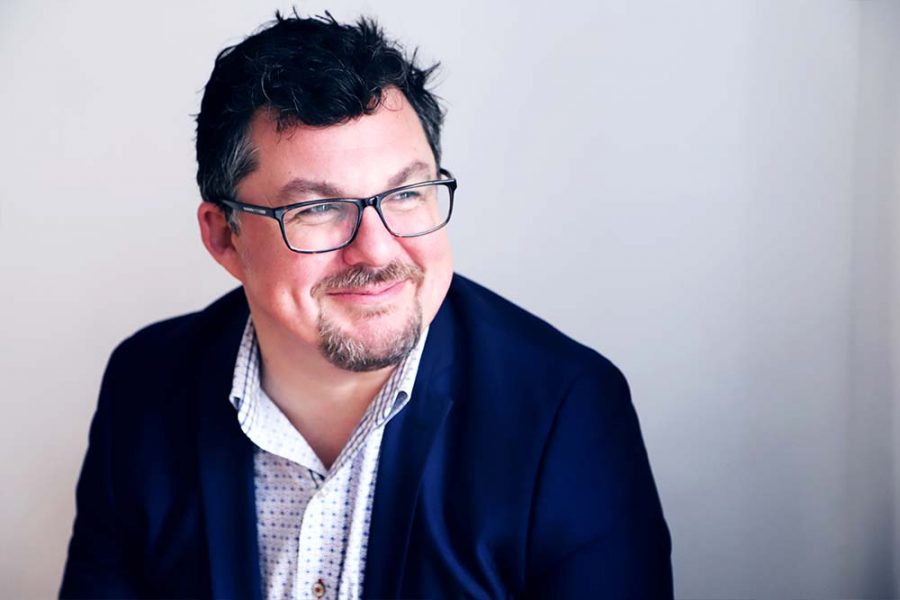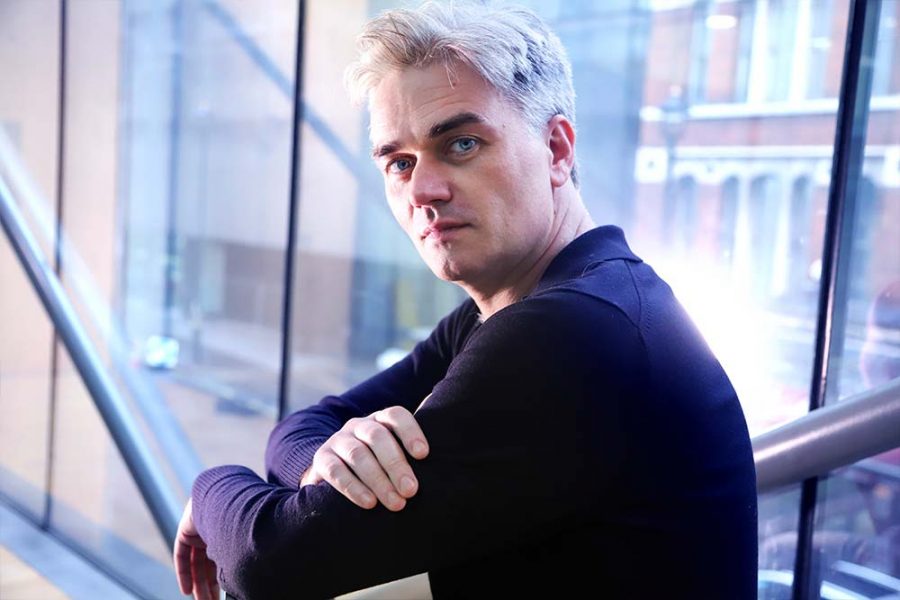Focus and Balance: Henrik Nánási

November 2018
Interview and photos by
Frances Marshall
Described as “revelatory” and showing “great mastery”, Hungarian maestro Henrik Nánási leads some of the world’s finest orchestras.
We met with him at the Royal Opera House in London to get a personal insight into the catalysts that have built his remarkable career, what he’s looking for in orchestral auditions and where his focus lies in the rehearsal process.
For the creator, completing a composition is like a child being born..."

Tell us about your first musical experience?
It was strongly connected to opera. My parents had a wonderful collection of opera recordings, the “Teatro alla Scala” series.
I must have been around 5 years old when I discovered the Tosca recording with a portrait of Maria Callas on the cover. I asked my father who this wonderful looking lady was, he replied “She’s not just beautiful, she can sing quite well too, would you like to hear it?” I said, “yes” and that was the beginning of basically everything – not only my life-long admiration for this incredible artist, which hasn’t eased off for a second, but for this wonderful world of opera and music in general.
What led you to first picking up the baton?
I remember during my piano studies in Budapest, I got a new piano teacher when I was about 12. She was wonderful. She didn’t get angry about the fact that I wasn’t keen on practicing études. Instead, I brought the vocal scores of bel canto operas to every lesson, which I was constantly playing and listening to. In addition to that I was either persuading her to play the four-hand piano version of Beethoven’s Eroica or bringing my own compositions into the class.
She soon became aware that I needed to explore other aspects of music, not just the piano. At that age it was too early to train as a conductor in Budapest, but I could begin the journey through composition studies.
You have worked internationally for the Komische Oper Berlin, Lyric Opera of Chicago, San Francisco Opera, Opera de Paris, and will be making your Metropolitan Opera debut in January. What was the catalyst that began this level of work?
I started training as a conductor at the age of 20, parallel to my composition studies. As a composer, I knew the exact method of creating a new composition. From the initial inspirational, racy, ecstatic first steps to the difficult stumbling moments until the last details are complete. For the creator, completing a composition is like a child being born and because of this I feel a deep obligation as a conductor to interpret these masterpieces and, above all, respect for the wish of the composer.

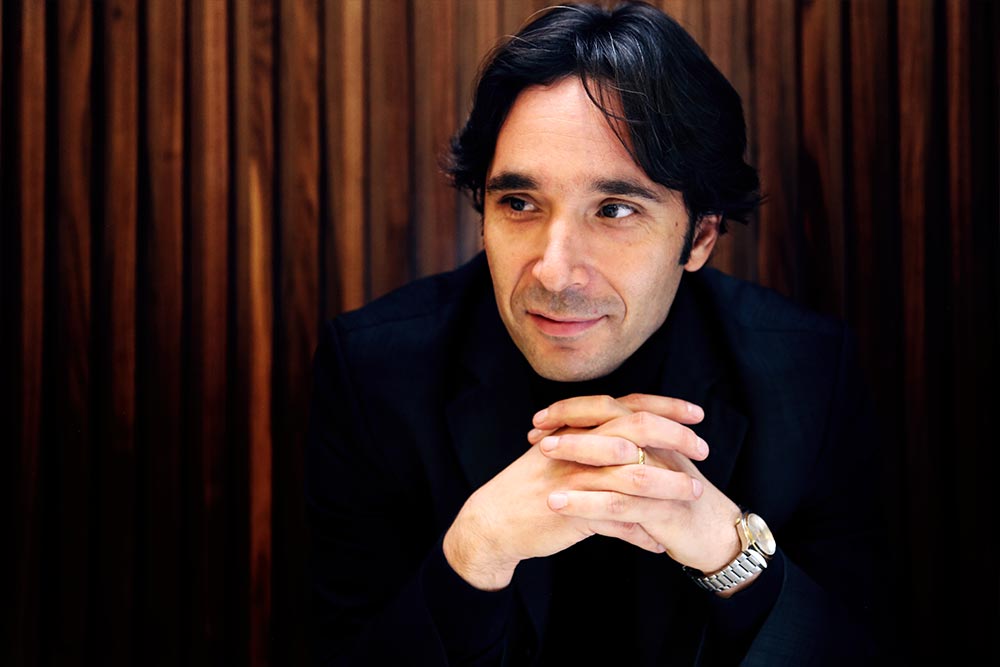


...there are many aspects to this – the structure, the tradition, the sound of the given orchestra. I then consider the different qualities in every instrumental group."

When it comes to orchestral auditions, what are you looking for in a player?
Naturally you need the highest possible technical and musical level, but there are many aspects to this – the structure, the tradition, the sound of the given orchestra. I then consider the different qualities in every instrumental group. For instance, in a solo flute I look for great musical originality, whereas in a solo horn I look for somebody with more of a bombproof steady tone. If I am looking for a concertmaster, I will look for leadership qualities and an ability to communicate with their section and the other sections.
During an opera rehearsal when there’s so many aspects to perfect, where does your attention lie?
Opera rehearsals are a complex and fascinating step-by-step process. During different phases of the rehearsals my focus is on different aspects. In the piano room with the singers I’ll fix all the musical details, and then during the staging rehearsals I’ll coordinate these adjustments with the movements etc. Simultaneously, I’ll start to work with the orchestra alone, and at some point you bring everything together at the stage orchestra rehearsals, which are possibly the most important ones in terms of focus – you must focus on all aspects at the same time, while also watching the balance between voices and orchestra.
What can’t you live without on the road?
Hungarian red pepper in the tube, it’s called Red Gold – it’s a must! When we visit our families in Hungary we buy it in tons and take it to Berlin where we live. We cook basically everything with it and I always have a tube in my luggage.
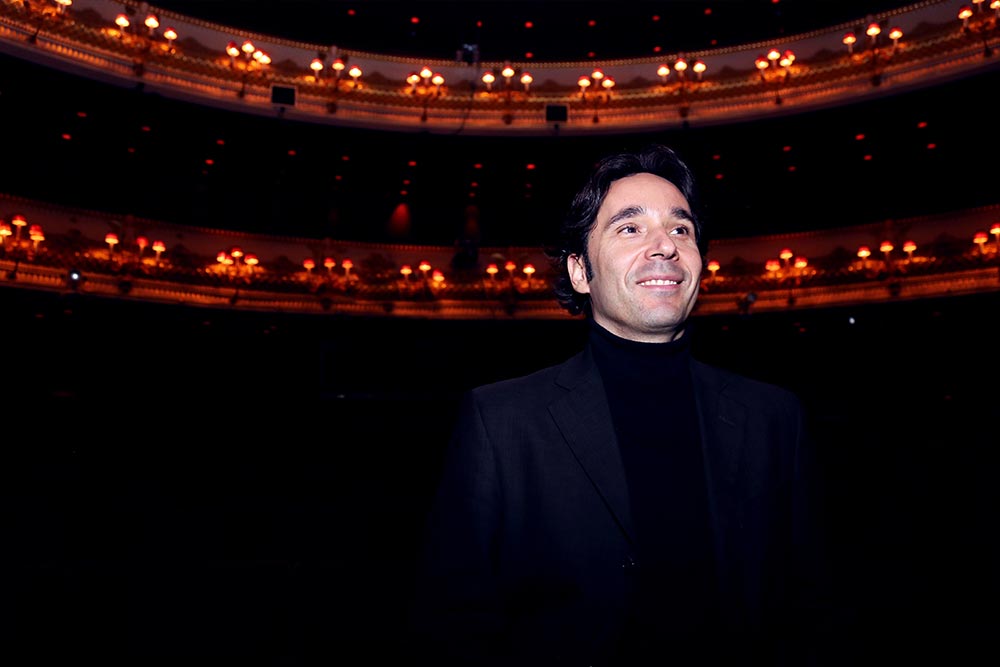


You’re upcoming production of Verdi’s Simon Boccanegra with the Royal Opera House has a strong history within the company. Past runs include Placido Domingo, Thomas Hampson, Joseph Calleja, along with Antonio Pappano. What are you looking forward to in this production?
First of all, this particular opera has a special place in my heart. For me this is one of the most beautiful masterpieces ever written. Verdi shows the whole palette of human emotions in this opera, with unbelievable musical and psychological diversity. The work is exceptional and very detailed and I am happy to share my passion with our wonderful and dynamic singers. This will be my fourth time collaborating with the great orchestra and chorus of the Royal Opera House, and it’s a great pleasure each time.
To find out more about Henrik Nánási’s upcoming Simon Boccanegra: www.roh.org.uk/productions/simon-boccanegra-by-elijah-moshinsky
All images displayed in this article are subject to copyright.
Share this article


